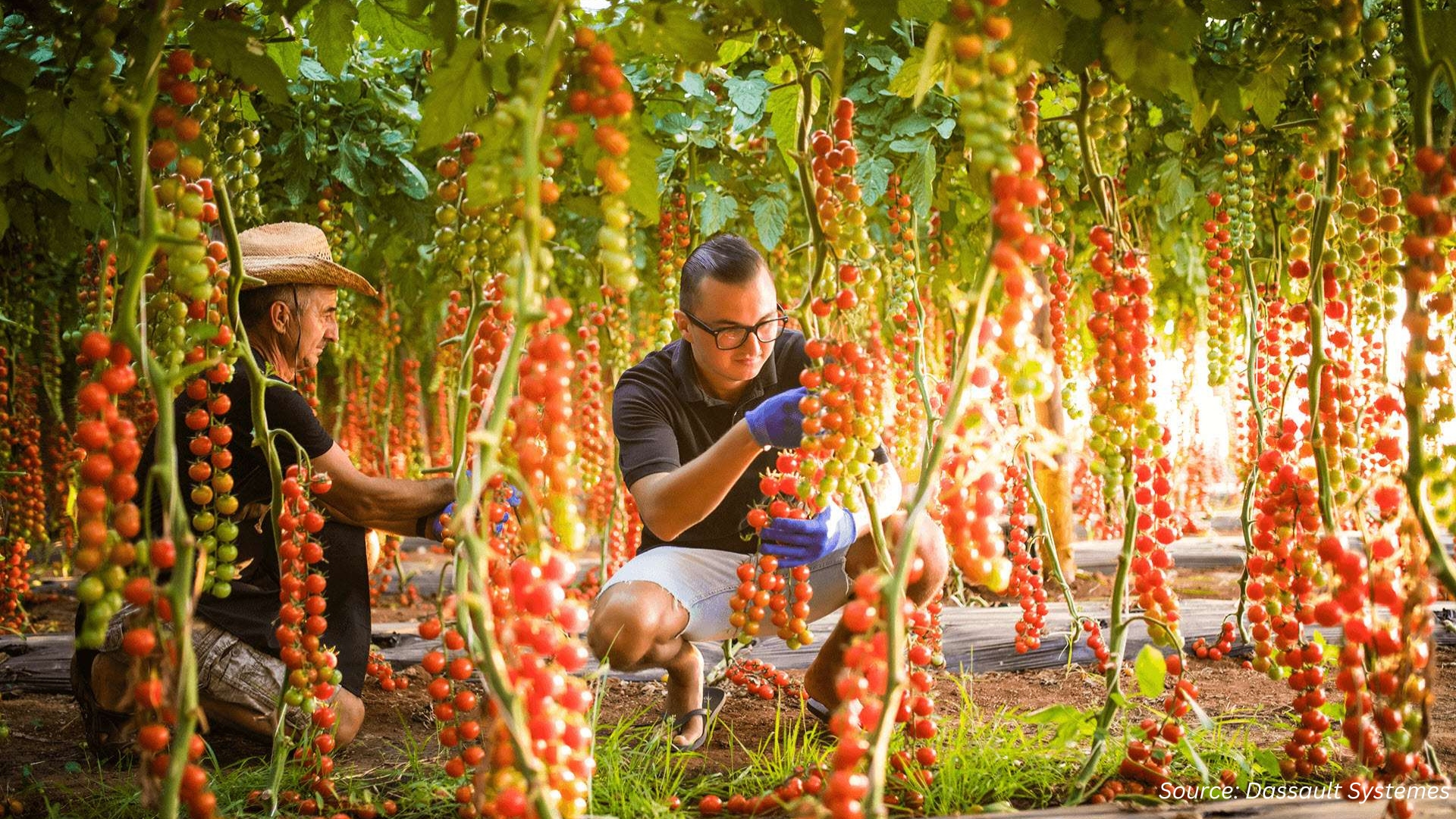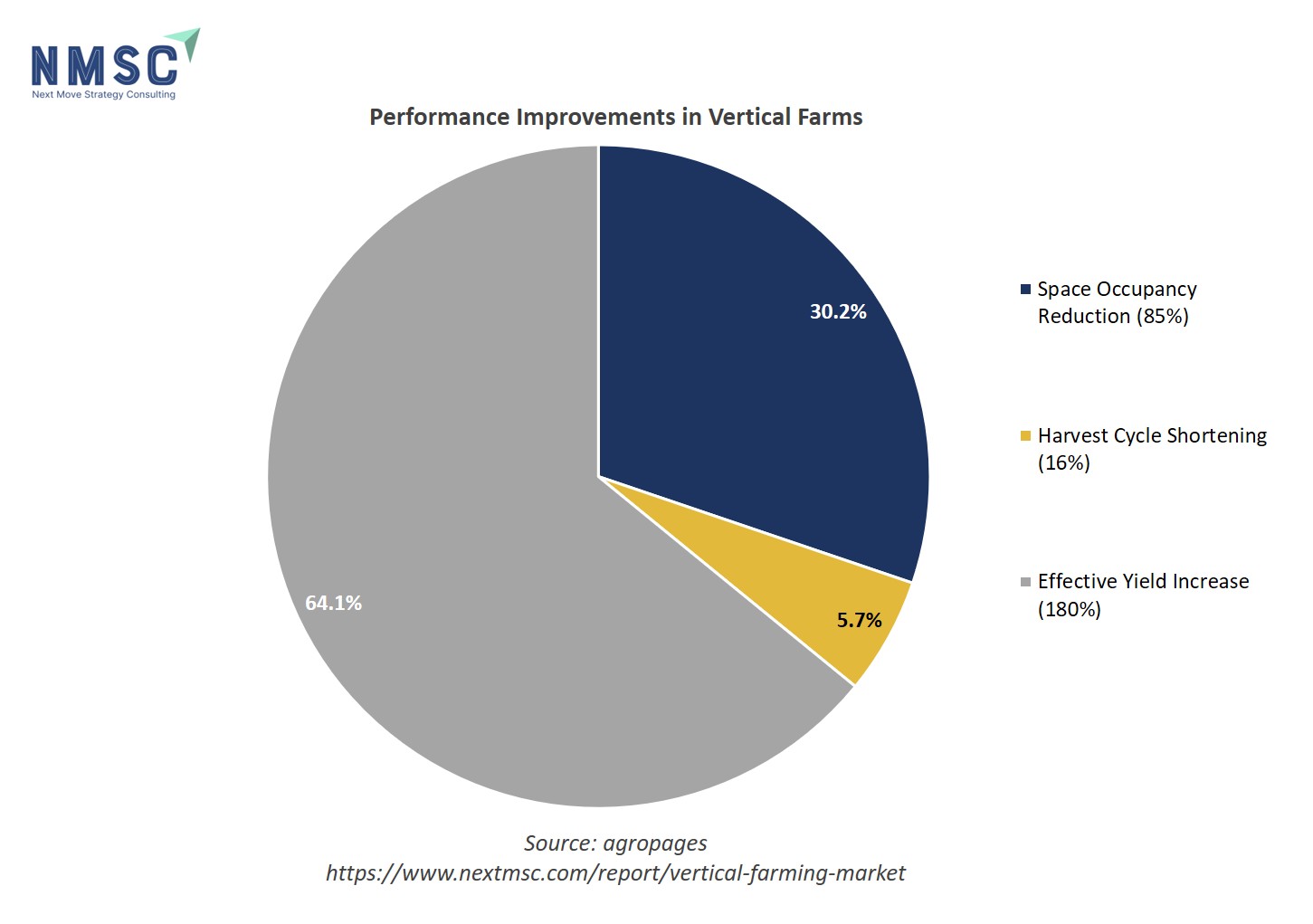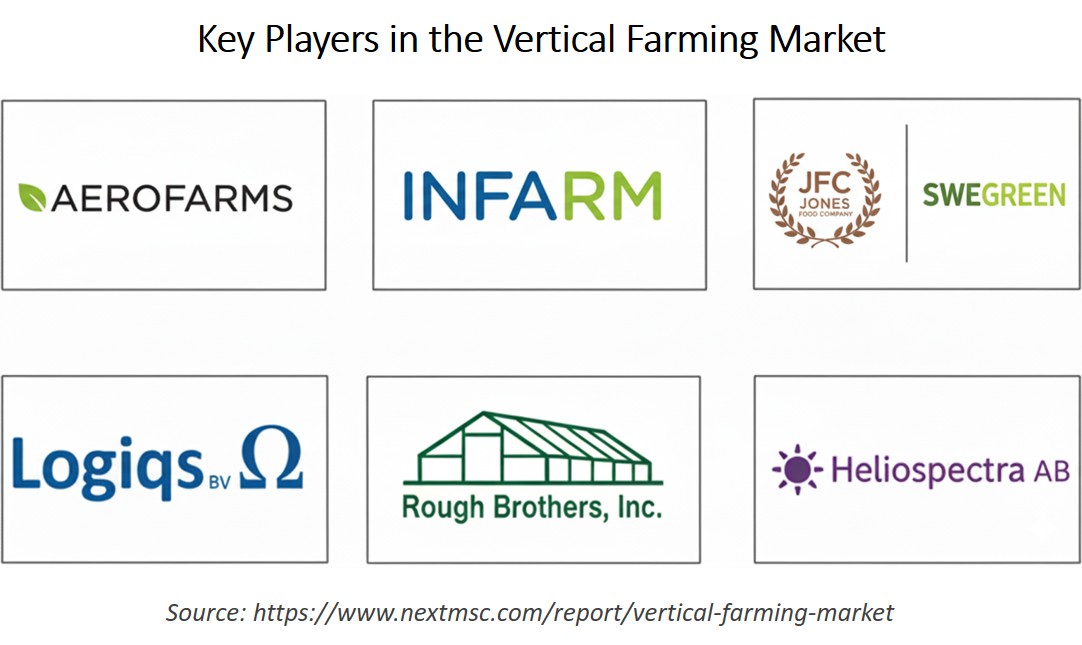Vertical Farming Market: Agroz IPO and the Future of Sustainable Food Systems
Published: 2025-11-13

Lede
Two major developments—the USD 10 million IPO filing by Malaysia’s Agroz Inc and the creation of gene-edited tomato varieties optimized for vertical farming by researchers in China—together illustrate a rapidly advancing Vertical Farming Market moving beyond leafy greens toward diversified, data-driven, and sustainable food production. Collectively, they highlight the field’s dual trajectory: commercial expansion through capital investment and scientific innovation through crop optimization. Both point to a global shift where urban agriculture is gaining industrial maturity, underpinned by scalability, food security, and climate resilience.
Agroz Inc Targets USD 10 Million IPO to Expand Vertical Farming in Malaysia
MALAYSIA – January 2025 – Agroz Inc, one of Malaysia’s leading agricultural technology innovators, has filed for a USD 10 million IPO on Nasdaq, aiming to expand its next-generation vertical farming operations. The Petaling Jaya–based company plans to offer 2.5 million shares priced at USD 4 each, valuing the company at approximately USD 95 million, with Tiger Brokers acting as sole bookrunner.
Founded in 2020, Agroz specializes in controlled-environment agriculture (CEA) systems that enable high-yield, pesticide-free food production in compact, climate-controlled indoor farms. The firm reported USD 5 million in revenue for the twelve months ending June 2024, driven by vertical farm design, construction, management, and fresh-produce sales.
Malaysia’s rising urban population, coupled with land scarcity and climate variability, is accelerating the adoption of vertical farming as a strategic tool for food self-sufficiency. Agroz’s IPO marks a significant milestone in Southeast Asia’s transition toward sustainable agriculture and urban food production.
“Vertical farming not only optimizes land use but also drastically reduces water consumption and transport emissions,” said an Agroz spokesperson. “Our mission is to reimagine food production for a resilient, resource-efficient future.”
By combining SlGA20ox1, SP, and SP5G gene mutations, researchers developed a compact tomato variety with faster flowering and synchronized fruit ripening. In commercial vertical farms, this sp sp5g slga20ox1 mutant reduced space use by 85%, shortened the growth cycle by 16%, and boosted yield by 180%, greatly improving production efficiency. Since these genetic pathways are conserved across crops, the approach could enable rapid development of optimized varieties for other solanaceous vegetables in vertical farming.
Gene-Edited Tomatoes Signal the Next Phase of Crop Innovation
In a parallel breakthrough, researchers at the Chinese Academy of Sciences’ Institute of Genetics and Developmental Biology have engineered compact, high-yield tomato varieties tailored for vertical farming. Led by Prof. Xu Cao and Prof. Chen Fan, the team used genome editing to combine Green Revolution gene homologs with anti-florigen genes, producing a tomato plant architecture ideally suited for high-density indoor cultivation.
The modified plants achieved up to 69% higher yields, 75–85% space savings, and a 16% shorter harvest cycle, while maintaining low energy consumption in multi-layer LED hydroponic systems. This marks a turning point for the vertical farming market, as it demonstrates the potential to diversify production beyond leafy greens into fruiting crops such as tomatoes, peppers, and berries.
The research provides a blueprint for developing genetically optimized crops that can thrive in artificial environments—key to achieving commercial scalability and sustainability in vertical agriculture.
Next Move Strategy Consulting – Opinion, Impact & Near-Term Prospects
Next Move Strategy Consulting interprets these advances as signs of a maturing vertical farming market, where value creation increasingly depends on scalability, efficiency, and environmental impact rather than novelty alone.
-
Scale-up as the next frontier: Both financial moves like Agroz’s IPO and biological innovations such as gene-edited crops underscore that the sector’s success hinges on mass-production readiness and cost-efficient scalability.
-
Integration with food security policy: Governments in Asia and the Middle East are viewing vertical farms as critical infrastructure for climate resilience and urban food supply.
-
Sustainability as a business driver: Greener energy systems, LED efficiency, and water-recycling technologies are becoming decisive factors for investment and adoption.
-
Localization and logistics efficiency: The shift toward urban-centered farms reduces transportation costs and emissions, giving vertically farmed produce a commercial edge in freshness and carbon footprint.
-
Investment outlook: Companies with scalable, energy-efficient, and genetically diversified production models are positioned to attract strong investor and merger interest over 2025–2030.
Competitive Landscape of the Vertical Farming Market
The vertical farming market features a diverse mix of prominent players, including AeroFarms, InFarm, Jones Food Company, Swegreen, Sky Greens, Agricool, Future Crops, Freight Farms Inc., Grow Up Farms Ltd., and 4D Bios Inc., among others. These companies are actively pursuing joint ventures and strategic expansion initiatives across multiple regions to strengthen their market presence and sustain a competitive edge within the evolving vertical farming industry.
Practical Suggestions for Stakeholders
-
Manufacturers: Invest in modular farm designs, AI-driven climate control, and automation to scale efficiently.
-
Startups: Develop integrated sustainability frameworks and lifecycle assessments to attract ESG-aligned investors.
-
Investors: Prioritize companies combining biological innovation (new crop varieties) with operational scalability and energy efficiency.
-
Policy makers: Support pilot projects, R&D tax incentives, and green financing to accelerate urban farm deployments and supply-chain resilience.
Conclusion
From Malaysia’s IPO milestone to China’s gene-editing breakthrough, the vertical farming market is shifting from prototype systems toward commercial maturity. The industry’s next phase will be defined by its ability to scale responsibly, ensuring that efficiency, sustainability, and crop diversity converge to reshape global food production. Companies aligning innovation with manufacturability and lifecycle sustainability will capture the strongest long-term growth as vertical farming becomes an essential component of future food systems.
About Next Move Strategy Consulting
Next Move Strategy Consulting is a premier market research and management consulting firm that has been committed to provide strategically analysed well documented latest research reports to its clients. The research industry is flooded with many firms to choose from, what makes Next Move different from the rest is its top-quality research and the obsession of turning data into knowledge by dissecting every bit of it and providing fact-based research recommendation that is supported by information collected from over 500 million websites, paid databases, industry journals and one on one consultations with industry experts across a diverse range of industry sectors. The high-quality customized research reports with actionable insights and excellent end-to-end customer service help our clients to take critical business decisions that enables them to move beyond time and have competitive edge in the industry. We have been servicing over 1000 customers globally that includes 90% of the Fortune 500 companies over a decade. Our analysts are constantly tracking various high growth markets and identifying hidden opportunities in each sector or the industry. We provide one of the industry’s best quality syndicate as well as custom research reports across 10 different industry verticals. We are committed to deliver high quality research solutions in accordance to your business needs. Our industry standard delivery solutions that ranges from the pre consultation to after-sales services, provide an excellent client experience and ensure right strategic decision making for businesses.
For more information please contact:
Next Move Strategy Consulting
5th Floor 867
Boylston St, STE 500,
Boston, MA 02116, U.S.
E-Mail: [email protected]
Direct: +18577585017
Website: www.nextmsc.com
About the Author
 Tania Dey is a highly experienced Content Writer and a passionate SEO Executive with a specialized focus on digital transformation, technology trends, and industry-focused insights. She has honed her expertise in creating compelling, data-driven content that not only enhances online visibility but also aligns with the ever-evolving demands of modern business landscapes. Her work spans a diverse range of industries, including technology, and digital services, enabling organizations to communicate their vision and value propositions effectively to both niches.
Tania Dey is a highly experienced Content Writer and a passionate SEO Executive with a specialized focus on digital transformation, technology trends, and industry-focused insights. She has honed her expertise in creating compelling, data-driven content that not only enhances online visibility but also aligns with the ever-evolving demands of modern business landscapes. Her work spans a diverse range of industries, including technology, and digital services, enabling organizations to communicate their vision and value propositions effectively to both niches.
About the Reviewer
 Sanyukta Deb is an accomplished Content Writer and Digital Marketing Strategist with extensive expertise in content strategy, SEO, and audience engagement. She specializes in building strong brand visibility through data-driven campaigns and impactful, value-added researched content. With a passion for creativity and innovation, she blends strategic thinking with design and communication to craft meaningful digital experiences. Over the years, she has contributed cross-functional marketing projects, driving measurable impact and audience engagement.
Sanyukta Deb is an accomplished Content Writer and Digital Marketing Strategist with extensive expertise in content strategy, SEO, and audience engagement. She specializes in building strong brand visibility through data-driven campaigns and impactful, value-added researched content. With a passion for creativity and innovation, she blends strategic thinking with design and communication to craft meaningful digital experiences. Over the years, she has contributed cross-functional marketing projects, driving measurable impact and audience engagement.
















Add Comment